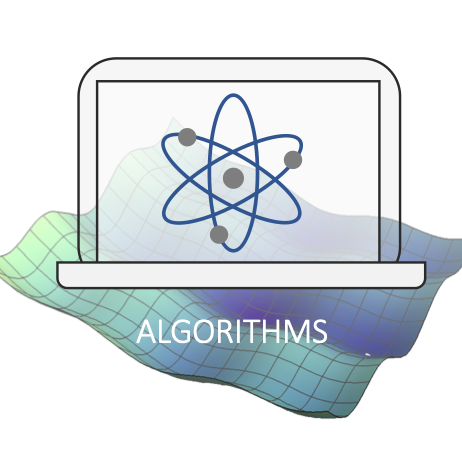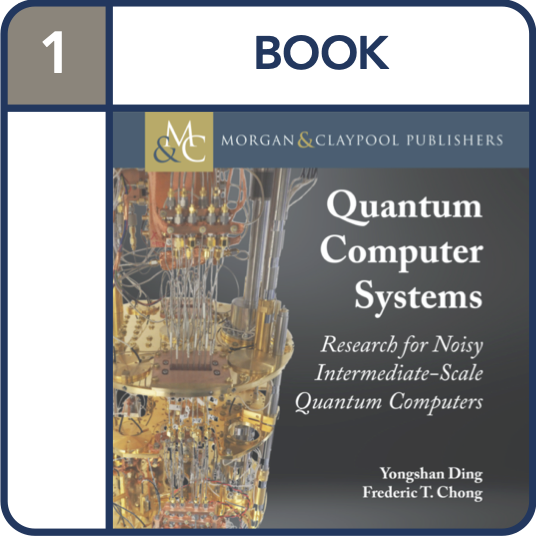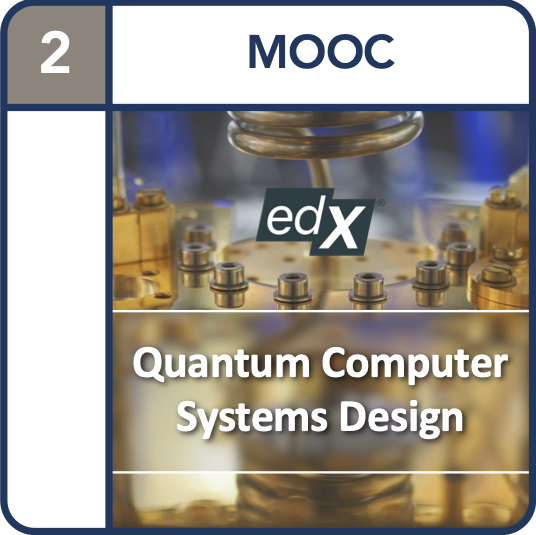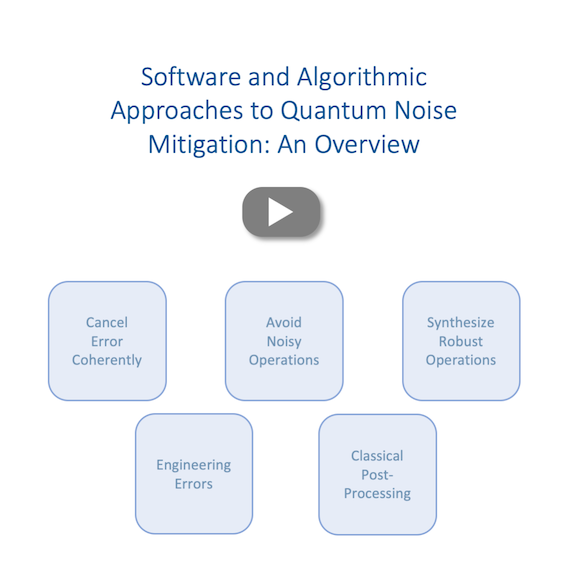Yale University
__________
yongshan DOT ding AT yale DOT edu
______________________________
I am an Assistant Professor of Computer Science and of Applied Physics at Yale University. I am a member of the Yale Quantum Institute (YQI) and affiliated with the Computer Systems Lab (CSL). I lead the Quantum Systems Lab (QSL) at Yale and direct Yale's Quantum Science and Engineering Certificate program. Our research focuses on advancing the capability and performance of next-generation quantum information systems. We work on a broad set of problems related to algorithms and architectures of quantum computers.
Prospective Students:
- For research positions: Our group has positions open for graduate students, postdoctoral scholars, and undergraduate researchers. For more information see our open opportunities and our Research and Publications pages.
- For Yale College QSE certificate: See our program webpage for more information.
Quantum computers hold enormous potential in solving some classically intractable problems. To unlock this potential, researchers around the globe are racing to develop practical quantum algorithms, software, and hardware. In our group, we are especially interested in projects that bridge theory and application. For example, our current research efforts consist of several themes:

Enabling Quantum Algorithms in the Presence of Noise — Emerging quantum computing applications need theoretical efficiency guarantees and practical noise-resilient implementations in order to show their advantage over classical algorithms. We are exploring quantum circuit designs that achieve high accuracy for problems such as Hamiltonian simulations, optimizations, and machine learning tasks.

Designing Efficient Compiling Software — Traditional quantum compilation typically seeks universality, in that it decomposes any target unitary into a sequence of instructions from a set of basis gates. We are developing systems software that takes advantage of device connectivity and ancillary qubits to better understand the conditions for efficient universality.

Architectural Support for Quantum Noise Mitigation and Error Correction — We are recently developing application- and device-adapted error correction methods and exploring the role of architecture in enabling efficient detecting and decoding of errors.
An overview of recent advancements in quantum computer systems research.
Springer Nature ❯❯
Japanese Translation (2023)
An online graduate short course on the principles and practice of quantum computer systems design.
edX ❯❯
VENUE
Quantum Computer Systems Lecture Series by Univ of Notre Dame and MIT, July 2022
TITLE
Software and Algorithmic Approaches to Quantum Noise Mitigation: An Overview
ABSTRACT
I will talk about recent developments in noise mitigation techniques for quantum computers. In the Noisy Intermediate-Scale Quantum (NISQ) era, qubits have short lifetimes and quantum gates are prone to errors. Understanding and mitigating quantum noises becomes a crucial step in realizing practical quantum computation. In this talk I will first give an overview of the field ... Learn more ❯❯


